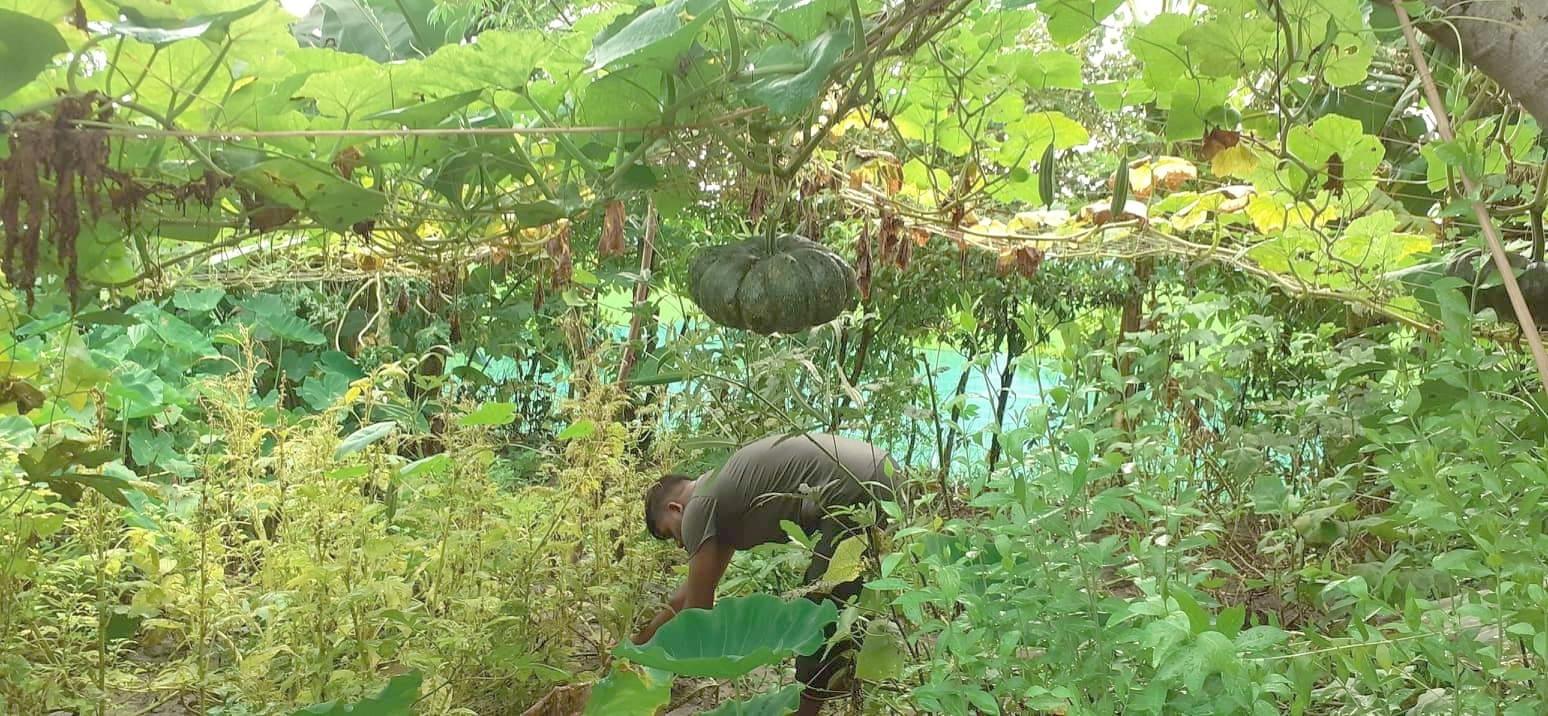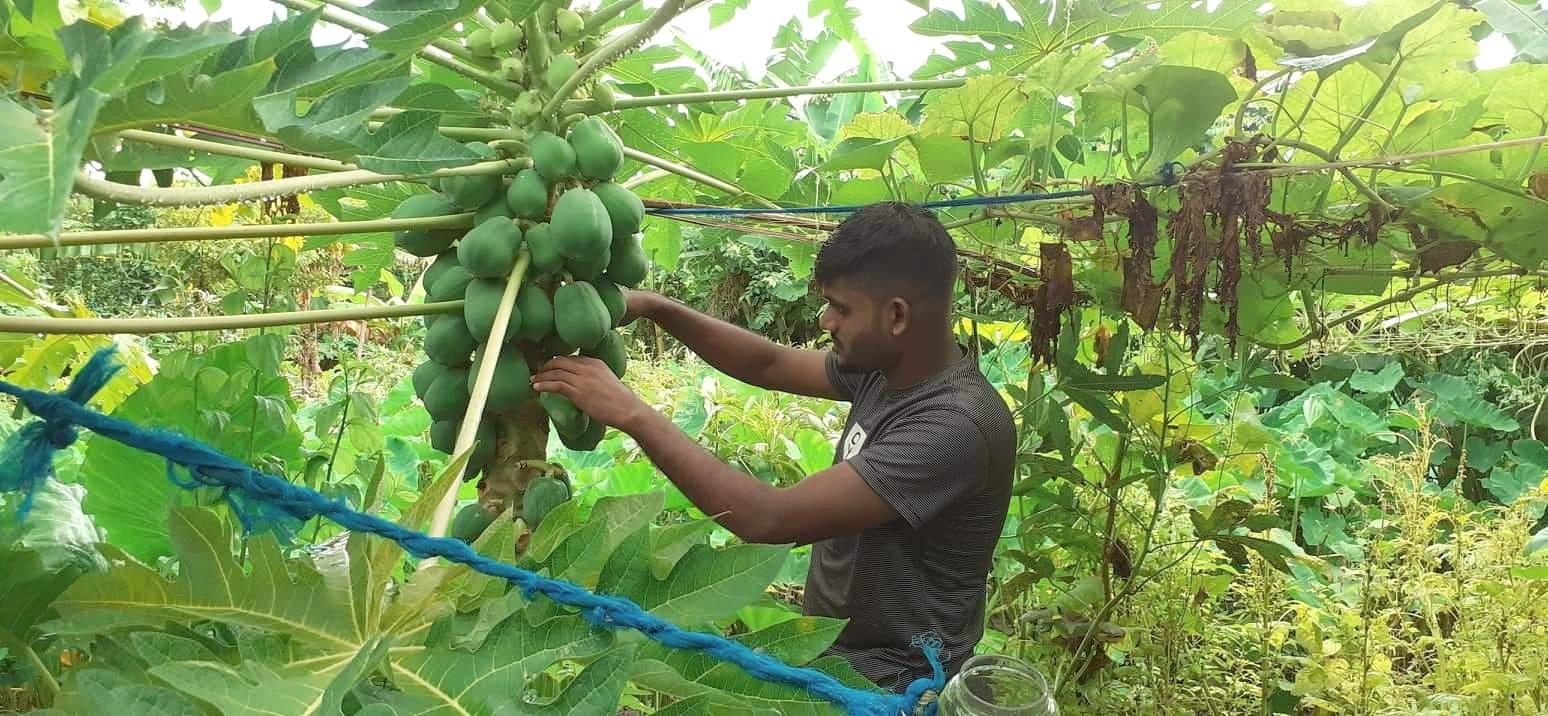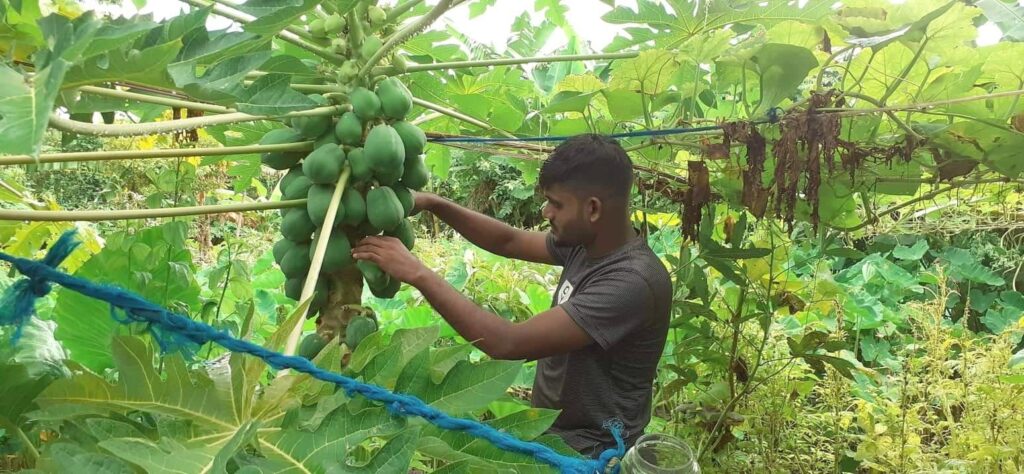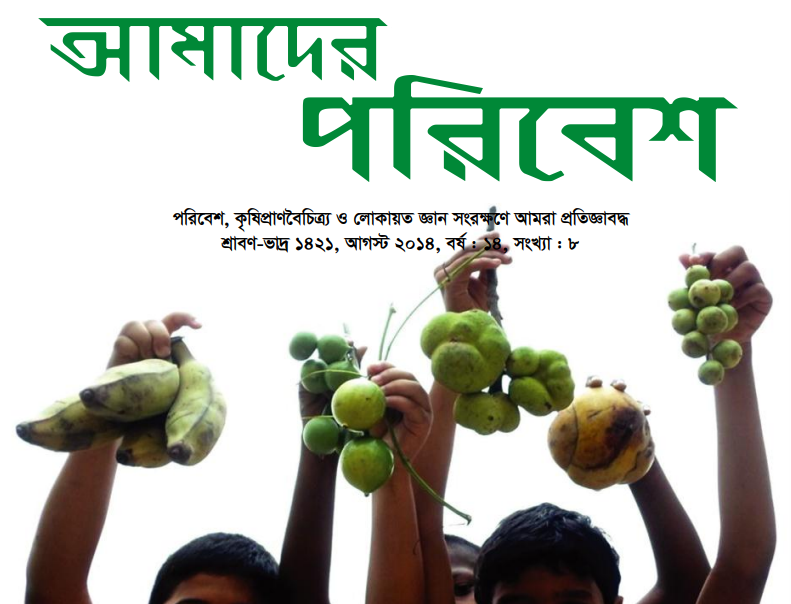By Gazi Al Imran from Satkhira
Rural youths are the future for strengthening local food systems and food security. Yet in our country, few young people see a future for themselves in agriculture or in rural areas. One of the main reasons is youth’s insufficient access to knowledge, information and education that are hindering the development of entrepreneurial ventures and farm productivity. Another challenge is youth’s limited access to land, although access to land is fundamental to starting a farm. Inadequate access to financial services is also a challenge as financial service providers are reluctant to provide their services – including credit, savings and insurance to rural youth due to lack of existing policy and procedures. Moreover, young people’s limited access to markets, without such access youth are not be able to engage in viable and sustainable agricultural ventures. Access to markets for youth is becoming even more difficult due to the growing international influence of supermarkets and the rigorous standards of their supply chains.

Despite all odds, a 24 years old Rashidul Islam, hailed from a very poor farming family of Sreefolkathi village of Shyamnagar upazila under south-western coastal Satkhira district has been involved in farming to meet financial need and family consumption. His tiny garden is teeming with diverse vegetable ranging from papaya to banana, brinjal, indian spinach, amaranth, taro, elephant foot, ladies finger, ridge gourd, cucumber, pumpkin snake gourd- 40 types of crops are being gown there following agroecological principles that curbing the growing cost said Islam. BARCIK provides partial support to elevate land for extending the garden. This is how BARCIK helped Islam to get a new direction in his life as well as implement new methods of farming. He has set an example for other youths.

Indeed, a coordinated response is needed youth’s involvement in the agricultural sector as because of a rising global population and decreasing agricultural productivity, youth must play a pivotal role in ensuring a food-secure future for themselves and for future generations. BARCIK with the support from Diakonia (Sweden) and Misereor (Germany) has been facilitating youth to address their multifaceted needs and providing them with effective support.
Translated by ABM Touhidul Alam


